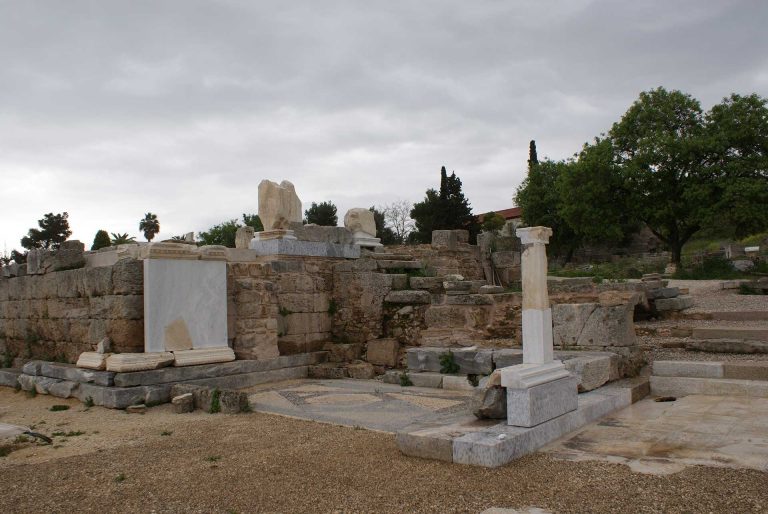Discover the Sacred Areopagus: The Unique and Revered Mars Hill!
Exploring the Historical and Spiritual Significance of the Areopagus in Athens
The Areopagus, a prominent rock outcropping located northwest of the Acropolis in Athens, Greece, carries a profound historical and spiritual legacy. This article explains its significance, from ancient times as a judicial and legislative hub to its role in the spread of Christianity by Apostle Paul. We integrate insights from various sources, ensuring a comprehensive understanding of this iconic site.

The Ancient Areopagus: A Judicial Powerhouse
The Council of Elders and Judicial Court
The Areopagus, or Mars Hill, served as the meeting place of the Council of Elders in Athens during the Classical Period (5th Century BC). It was a site of significant judicial activity, dealing with serious crimes including murder. The name’s origin, rooted in the god of war, Ares, highlights its storied past, including legends of divine trials and the veneration of the Ares-Erinyes goddesses.
Philosophical Schools and Christian Evangelization
Beyond its judicial role, the Areopagus was a center for philosophical discourse and education. In the first century AD, it became the backdrop for one of the most critical moments in early Christian history: the Areopagus sermon by Apostle Paul. This sermon marked a pivotal point in the introduction of Christianity to the Greco-Roman world, as Paul addressed the Athenian elite, challenging their religious perceptions and introducing the concept of a singular, unknown God.
Apostle Paul’s Influence in Athens
The Context of Paul’s Sermon
Apostle Paul’s journey to Athens, as recounted in Acts 17:16–34, was motivated by his distress over the city’s idolatry. Engaging with both Jews and Gentile philosophers, Paul’s discourse at the Areopagus introduced the Athenians to Jesus Christ and the resurrection, sparking curiosity and conversion among some of his listeners.
Legacy of Paul’s Sermon
The implications of Paul’s sermon were profound, establishing a Christian foothold in Athens and influencing theological and philosophical thought. His message of a God transcendent yet imminent challenged the Athenian intellectual and religious paradigms, fostering a dialogue between Christian and Hellenistic cultures that would shape the future of Western civilization.
The Areopagus Today: A Site of Memory and Reflection
The Areopagus remains a tangible link to the past, offering visitors a glimpse into the rich tapestry of Athens’ history and religious heritage. It memorializes the ancient Greek court and Paul’s groundbreaking sermon, serving as a testament to the enduring impact of Christianity on Greek and global history.
Frequently Asked Questions
Q: What is the historical significance of the Areopagus?
A: The Areopagus served as a vital judicial and legislative center in ancient Athens, later becoming a key location in the spread of Christianity through Apostle Paul’s sermon.
Q: How did Apostle Paul’s sermon impact Athens?
A: Apostle Paul’s sermon introduced the Athenians to Christian teachings, challenging their existing beliefs and laying the groundwork for Christianity’s spread in the region.
Q: Can visitors explore the Areopagus today?
A: Yes, the Areopagus is accessible to visitors, offering a unique opportunity to stand where Apostle Paul once preached and reflect on the site’s historical and spiritual significance.
The Areopagus in Athens stands as a symbol of ancient judicial authority and a cornerstone in the history of Christianity. From its roots in mythology and governance to its pivotal role in the sermon of Apostle Paul, the site encapsulates the confluence of culture, religion, and philosophy that characterizes Athens’ rich historical tapestry.
Check our Christian Tours in Athens








